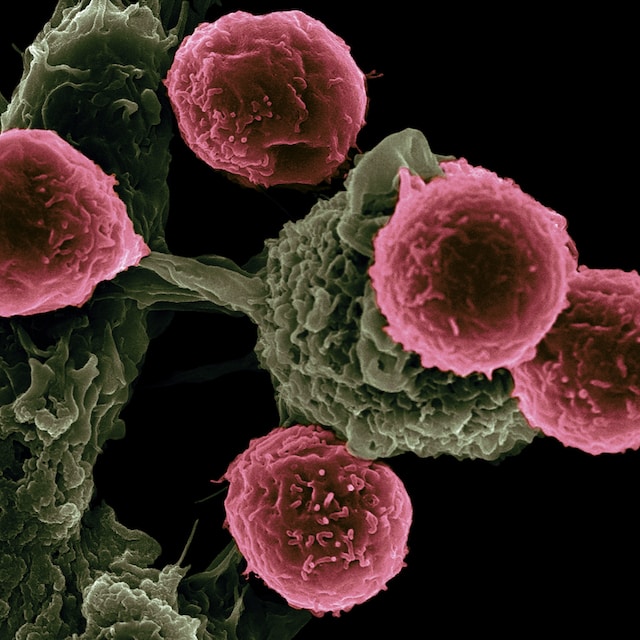Public health experts and family physicians have long noted a correlation between vegan or vegetarianism and lower cancer rates. No diet choices can eliminate cancer, vegetarianism has shown consistent success in lowering cancer rates. There’s growing evidence that meat intake is closely related to cancer risk – but not in everyone.
Vegetarianism: A Definition
A clear definition of vegetarianism is crucial for accurate analysis and for families to understand which foods to eat and to avoid. A vegetarian diet excludes meat, poultry, and fish, but may consume dairy products like cheese or yogurt. Vegan diets eschew all products derived from animals, including eggs, cheese and dairy.
Do Vegetarians Have Less Cancer?
A 2022 study found that individuals who follow a vegetarian diet experience a 14% lower cancer rate compared to those who eat meat. The benefits of a vegetarian diet were more pronounced among types of prostate and colorectal cancer. Compared to meat-eaters, vegetarians were 31% less likely to be diagnosed with colorectal cancer; among men, this improved to an incredible 43%.
Women benefit from vegetarianism through reduced risk among other cancer types. Breast cancer rates were the most statistically improved from vegetarians to meat-eaters, with researchers pointing out that this benefit may also be correlative to lower body mass index.
Not All Meat is Created Equal
Ultra processed and processed meats negatively impact cancer risk, especially in digestive cancers like colorectal. Regular intake of hot dogs, deli meats, bacon, and other meats high in preservatives may play an outsized role in increased rates of prostate and colorectal cancers in the United States. Today, approximately 58% of the average American diet is from processed foods. The rate amongst school-aged children is even higher, representing a whopping 67%.
Other Dietary Factors
Many researchers point out that vegetarianism alone may not tell the entire picture. Those who enjoy a plant-based diet may be more likely to engage in other health-focused activities, such as regular exercise, more fresh fruits and vegetables, and lower intake of high-sugar foods and beverages.
Do You Have to Be Vegetarian?
While completely removing meat and fish may provide the most health benefits, you can still enjoy a reduced risk of cancer by lowering your daily or weekly intake of meats. Specifically, remove ultra-processed meats and focus on fresh, home-cooked meats whenever possible. Opt for fish or poultry over red meat and consider limiting meat to one or two meals per week. Don’t forget to address other ways to improve your overall health, including:
- Reducing alcohol intake
- Exercising regularly
- Drinking plenty of water
- Maintaining a healthy body weight
For guidance on these opportunities and other health and wellness help, talk to your healthcare provider.
Committed to Prevention
Diet and other lifestyle factors play an outsize role in health outcomes and quality of life. At Less Cancer, we’re committed to educating and empowering legislators and helping families make healthy choices. Learn about our work and consider donating to Less Cancer today.


Leave A Comment
You must be logged in to post a comment.